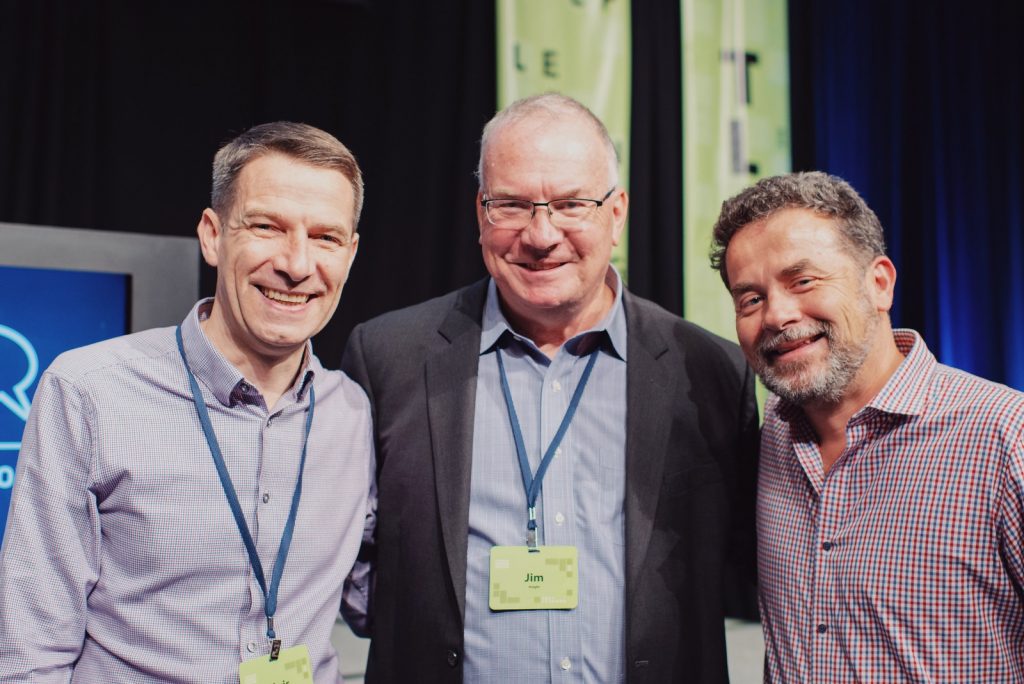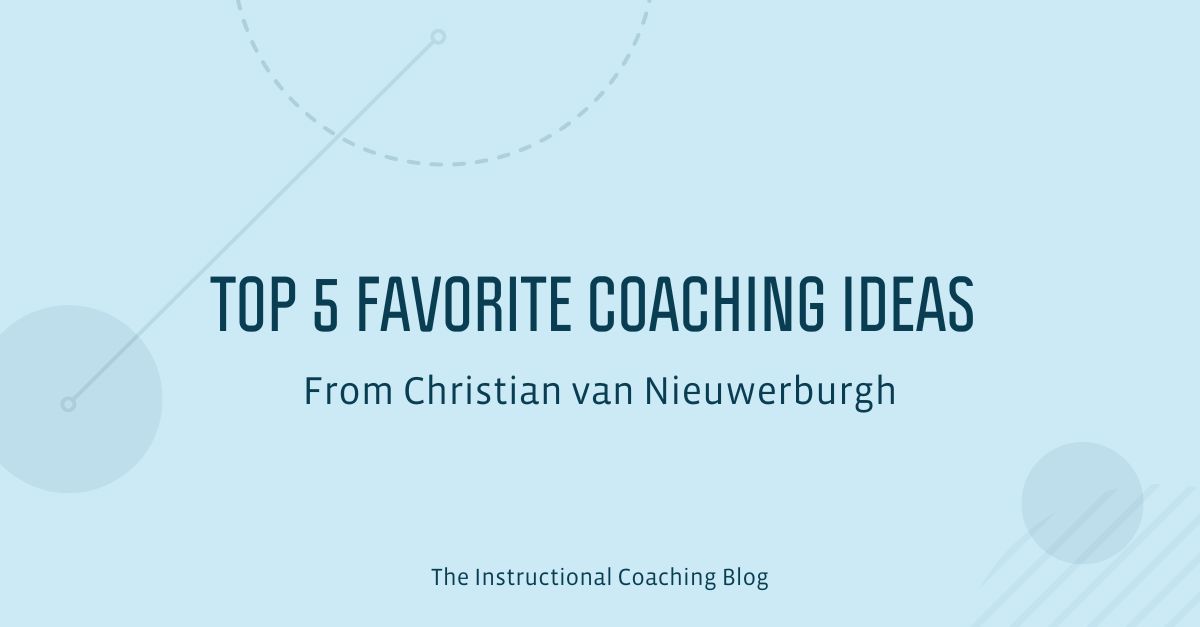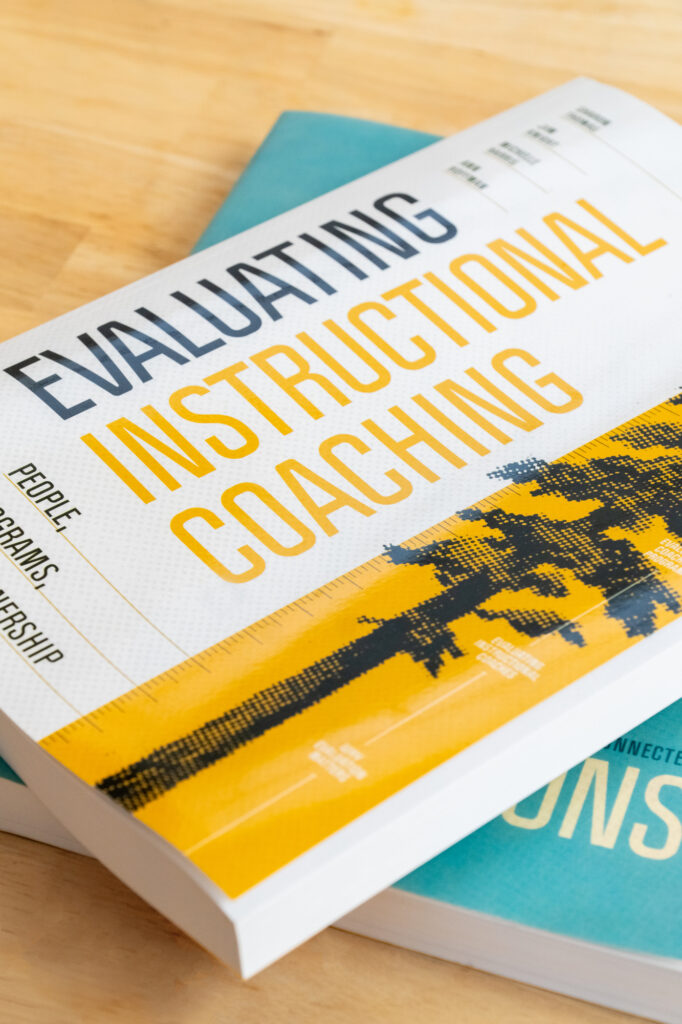As a series of posts leading up to our annual conference, Teaching, Learning, Coaching, we will be sharing thoughts and ideas by experts who will be presenting at the conference. The posts will surface many different ways of looking at coaching, and like the conference itself, we hope they inspire, educate, and provoke new thinking.
We don’t always agree with everything said by our colleagues, but we are grateful for others’ thinking. We move forward by challenging our beliefs, and we hope you feel challenged, too. You can keep up with the thought-provoking posts by subscribing to our newsletter.
I’ve been lucky to have many conversations and discuss many valuable ideas and concepts with my friend and colleague, Professor Christian van Nieuwerburgh. Here are five of our ICG favorites, including a couple of tensions that advanced coaches need to be mindful of in their practice.

#1 Coaching is Universal
“If we acknowledge the nuances and differences, coaching can work well across sectors, and indeed across cultures around the world.”
Christian delves into his curiosity about the differences in coaching across sectors in his book Coaching in Professional Contexts. By examining the differences in coaching in various professional contexts, Christian creates a space where people working in schools can gain insights and ideas about coaching by reading about what is happening in other sectors.
In two of his other works, Coaching educativo, co-written with Andrea Giraldez Hayes, and Coaching in Islamic Culture, co-written with Raja’a Allaho, Christian shares what he learned about what changes were needed in coaching when working in different cultures.
“If a coachee needs to sacrifice their well-being to reach a goal, it may be time to re-evaluate the goal before moving forward.”
#2 Coaching is for the Greater Good of People
Christian has a deep interest in integrating coaching psychology with positive psychology. He believes that any coaching we do should look at the well-being of participants. In Ershad coaching, for example, Christian learned the importance of building relationships, and aiming at finding out what a coachee’s purpose is in life, before setting a positive intension that aligns with that purpose.
Then, once a coachee is ready to put forth effort towards that intension, a coach should be mindful of that person’s well-being. If a coachee needs to sacrifice their well-being to reach a goal, it may be time to re-evaluate the goal before moving forward.
#3 Non-Coaches can also use the Coaching Approach
Not everyone needs to be a coach, but all leaders can use a coaching approach. Christian wrote a book with John Campbell called The Leader’s Guide to Coaching in Schools, and in it there are lots of ideas behind what leaders can do to create learning environments. This includes encouraging forward thinking, focusing on strengths, and seeing the potential in people. What could be a better intention than creating a school-atmosphere that transforms it into a learning hub for the community?
#4 Advanced Coaches Balance the Importance of Relationships with Respecting the Process
In Advanced Coaching Practice Christian collaborates with David Love on what they call the ‘tensions’ that advanced coaches balance in their practice. One such tension is recognizing when to focus on relationship building, and when to focus on the process. For example, in a situation where a teacher is not sure about their goal, but the coach has limited time to meet, an advanced coach might recognize when to nurture the relationship and build trust in that moment, and when to focus on pushing the process in the limited time available.
#5 Advanced Coaches are Comfortable with Tenacity and Autonomy
Another tension advanced coaches balance is when to be tenacious and follow through to ensure understanding with their coachee, and when to allow for autonomy. We need to know when a coachee needs encouragement and a measure of accountability in having someone follow up with them to ensure what they have agreed upon gets done. We also need to know when a coachee has full understanding, to the point that they need no further follow up or reminders.
Want to learn more about Christian van Nieuwerburgh? Come see him keynote at this year’s Teaching Learning Coaching Conference! We hope to see you in San Antonio!





























